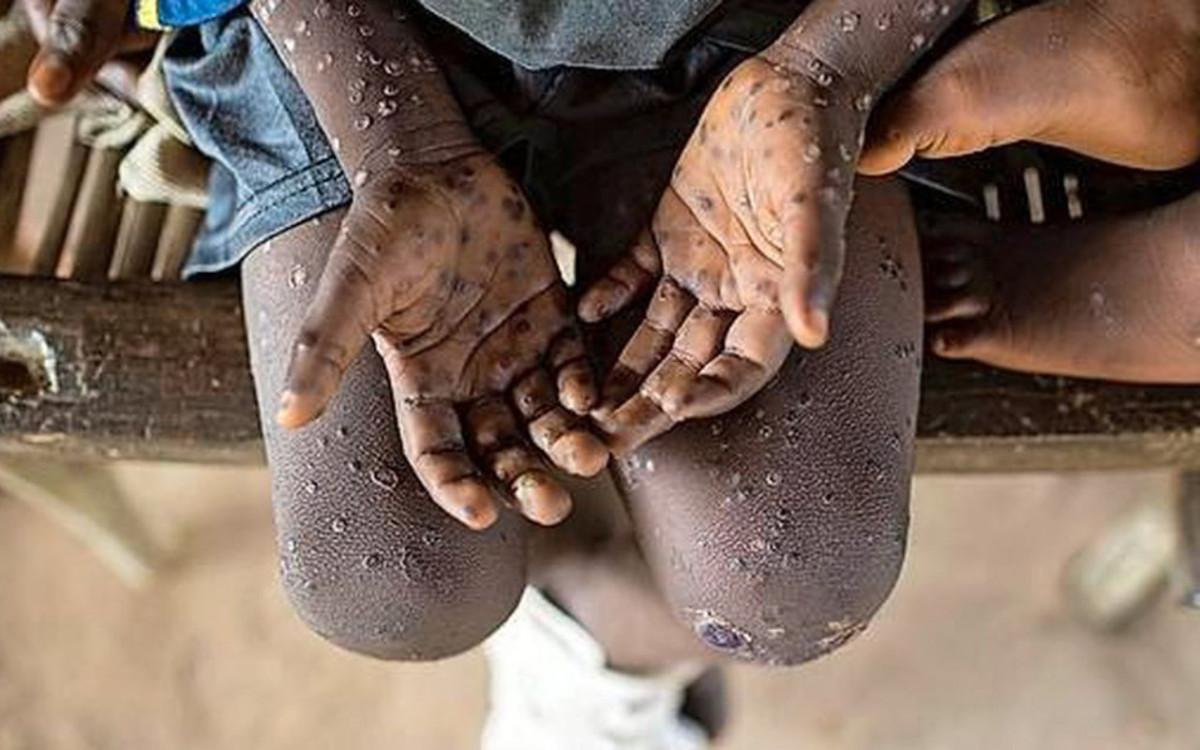Africa-Press – Gambia. The Ministry of Health has called on the public to remain alert and support national efforts to prevent emerging diseases, following the country’s first confirmed case of Mpox in July 2025.
Speaking at a media briefing in Kotu recently, Director of Health Promotion Michael M Mendy said the ministry continues to strengthen disease surveillance, community engagement, and emergency preparedness to keep The Gambia free from outbreaks.
Mr Mendy said the briefing aimed to update the media and the public on the current health situation, particularly regarding Mpox and Rift Valley Fever. He noted that public cooperation remains central to the success of all health interventions.
“We cannot prevent or control emerging diseases without the active participation of the public.The media remains one of our strongest partners in sharing accurate information and countering misinformation,” director Mendy said.
Mpox, a zoonotic disease transmitted from animals to humans, was declared a public health emergency by the World Health Organisation (WHO) in August 2024 following an outbreak in the Democratic Republic of Congo. Since then, cases have spread across several African countries.
The Gambia’s single confirmed case was reported in July 2025. According to the Ministry, 139 suspected cases were screened nationwide, but only one tested positive. That patient’s 18 contacts were traced and monitored, with no further infections recorded.
Dr Omar Bittaye, Incident Manager and Mpox Response Coordinator, explained that the case involved the less severe Clade 2B strain, common in West Africa. He outlined preventive measures, including avoiding contact with wild animals such as monkeys and rodents, maintaining good hygiene, and practising safe sexual behaviour.
“Everyone is at risk, but children, pregnant women, people with weakened immune systems, healthcare workers, and sex workers face higher exposure,” Dr. Bittaye said.
The Ministry also confirmed that Rift Valley Fever has been detected in neighbouring Senegal. Although no case has been recorded in The Gambia, authorities have increased surveillance, especially along the border.
Dr. Bittaye emphasized that preparedness must extend beyond Mpox.
“We need a sustainable approach that builds capacity to respond to any future epidemic,” he said.
According to the Ministry of Health, since 2022, WHO has recorded more than 168,000 Mpox cases globally, with over 400 deaths. Africa accounts for about 60,000 cases and 254 deaths, mainly in the Democratic Republic of Congo, Uganda, and Sierra Leone.
Mr Mendy thanked health workers, partners, and the media for their continued support.
“Our response has been strong because of collaboration across all sectors. We encourage everyone to stay informed and report any suspected case early,” he said.
For More News And Analysis About Gambia Follow Africa-Press






